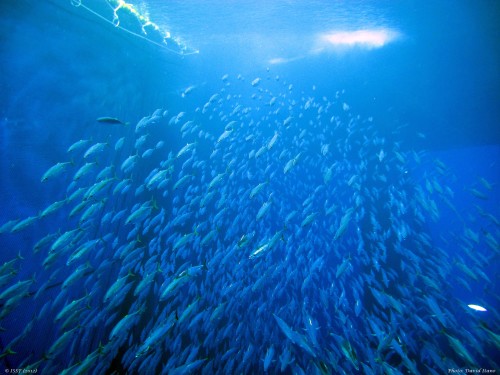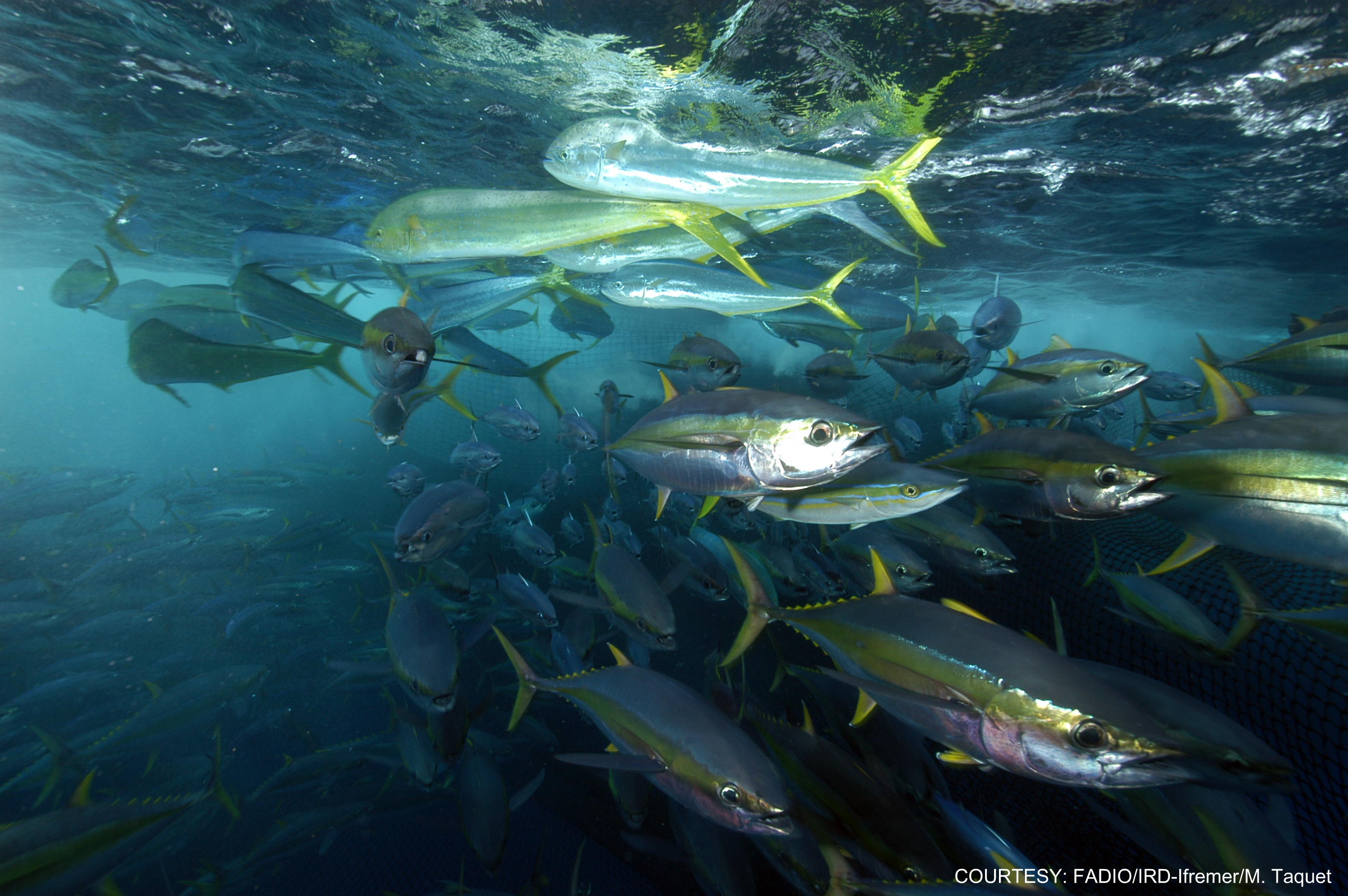
ISSF Participating Tuna Company Compliance Report Shows 97 Percent Conformance with Foundation Conservation Measures
The International Seafood Sustainability Foundation (ISSF) has released its ISSF Annual Conservation Measures & Commitments Compliance Report, which shows a 97 percent conformance rate among the 27 ISSF participating companies audited, with all 22 ISSF conservation measures in effect during the audit period. Approximately 75% of the world’s tuna processing companies participate in ISSF.
As part of its commitment to transparency and accountability, ISSF engages third-party auditor MRAG Americas to continuously assess ISSF participating companies’ compliance with ISSF’s conservation measures according to a rigorous audit protocol.
In 2017, 27 ISSF participating #tuna companies achieved 97% conformance with 22 #conservation measures. Share on X“The independent auditing process is critical to the effectiveness of our compliance verification and ensures accountability for our participating companies,” said ISSF President Susan Jackson. “Since we began our auditing and transparency, we’ve seen companies make strides year after year, implementing sustainability in their business strategies and embedding them in daily practices. Most of all, it helps us with our decision making as an organization. This kind of data is critical to continuously tracking and improving where we are and how we can do better.”
The June 2018 annual compliance report is based on participating company activity for 2017. ISSF publishes this annual report with initial compliance audit results in the second quarter of the year; in the fourth quarter of the year, ISSF publishes an updated report to show remediation of non-conformances reported in the annual publication.
The June report shows that:
- 16 companies were in conformance with all 22 measures in effect during the reporting period.
- 10 companies had at least one minor non-conformance, for a total of 13 instances of minor non-conformance. These typically involved instances where companies achieved some, but not full, compliance with a given conservation measure.
- 4 companies had at least one major non-conformance, with five major non-conformances found in total. As MRAG-Americas defines it, a major non-conformance means a company does not comply with a particular conservation measure or commitment, and this compromises the integrity of ISSF initiatives.
- On a conservation measure that became newly effective during the audit period, 3.5: Transactions with Vessels That Use Only Non-Entangling FADs, 26 companies were in conformance, and one company had minor non-conformance.
The rate of full conformance had been steadily increasing each annual reporting period, as shown across the below compliance report publication dates. The rate has ticked down slightly from 100 percent in the previous audit report, which was an update to the 2017 annual report:
- June 2015: 79.8 percent
- June 2016: 87.2 percent
- November 2016: 95.6 percent
- May 2017: 97.5 percent
- November 2017: 100 percent
- June 2018: 97 percent
In addition to the annual compliance reports, MRAG Americas issues individual ISSF participating company reports, published on the ISSF site, detailing each company’s level of compliance with conservation measures. The June 2018 aggregate compliance report will be updated in November 2018 to reflect changes in compliance by participating companies, and individual compliance reports for those companies that have addressed minor or major non-conformances within the 2017 audit period are already available on the ISSF website.
ISSF’s newly released 5-year strategic plan Advancing Sustainable Tuna Fisheries addresses tuna industry commitment to sustainability measures, and compliance reporting is a critical part of that plan.
More on ISSF Conservation Measures & Compliance
For long-term tuna sustainability, a growing number of tuna companies worldwide are choosing to participate with ISSF, follow responsible fishing practices, and implement science-based conservation measures. From bycatch mitigation to product traceability, ISSF participating companies have committed to conforming to a set of conservation measures and other commitments designed to drive positive change — and to do so transparently through third-party audits.


